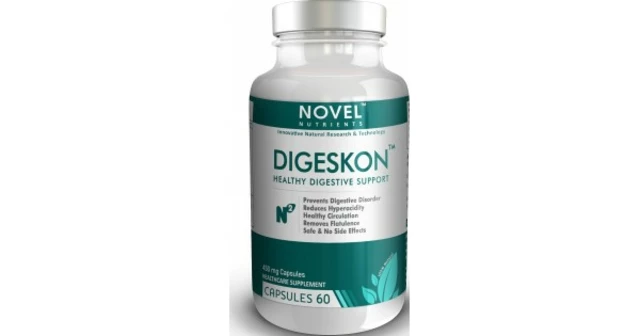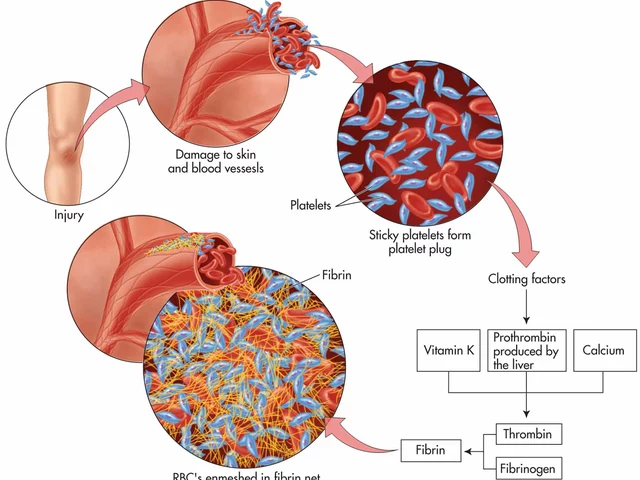Overactive Bladder: Causes, Treatments, and What You Can Do
When your bladder sends signals you can't ignore—sudden urges, frequent trips to the bathroom, even leaks—you're not alone. Overactive bladder, a condition where the bladder muscles contract involuntarily, causing frequent and urgent urination. Also known as urge incontinence, it's not just about drinking too much coffee. It's a signal your body’s control system is out of sync. This isn't just inconvenient—it can stop you from working, socializing, or even sleeping through the night.
What drives this? It's often a mix of nerve misfires, muscle overactivity, or underlying conditions like diabetes or nerve damage. Anticholinergics, a class of drugs that block signals telling the bladder to contract, are commonly prescribed, but they come with side effects like dry mouth and brain fog. Meanwhile, pelvic floor therapy, targeted exercises that strengthen the muscles supporting the bladder, works for many without pills. Studies show consistent training can cut urgency episodes by half in just 8–12 weeks. And while some turn to supplements or herbal remedies, evidence is thin—what works for one person might do nothing for another.
You’ll find posts here that cut through the noise. Some dive into how overactive bladder interacts with other conditions like diabetes or neurological disorders. Others compare real-world drug options, from older anticholinergics to newer beta-3 agonists, and explain why some people respond better than others. There’s also practical advice on lifestyle tweaks—timing fluids, bladder training schedules, and how to spot when a symptom is more serious than it seems. You won’t find fluff here. Just clear, tested strategies from people who’ve been there.
Whether you’re just starting to notice changes or have been managing this for years, the posts below give you the tools to ask better questions, make smarter choices, and take back control—without shame or guesswork.
How Darifenacin Helps in Managing Overactive Bladder Symptoms
Darifenacin helps manage overactive bladder by relaxing the bladder muscle, reducing urgency and frequency. It's a targeted anticholinergic with fewer side effects than older drugs. Learn how it works, who benefits, and what to expect.
About
Medications
Latest Posts


Partial AUC in Bioequivalence: How Advanced Metrics Ensure Generic Drug Safety
By Marcel Kornblum Jan 3, 2026

Why Usnea is Your New Best Friend for Overall Wellness
By Marcel Kornblum Jun 2, 2023

The psychological impact of blood clots in stents: coping strategies and support
By Marcel Kornblum Jul 1, 2023

